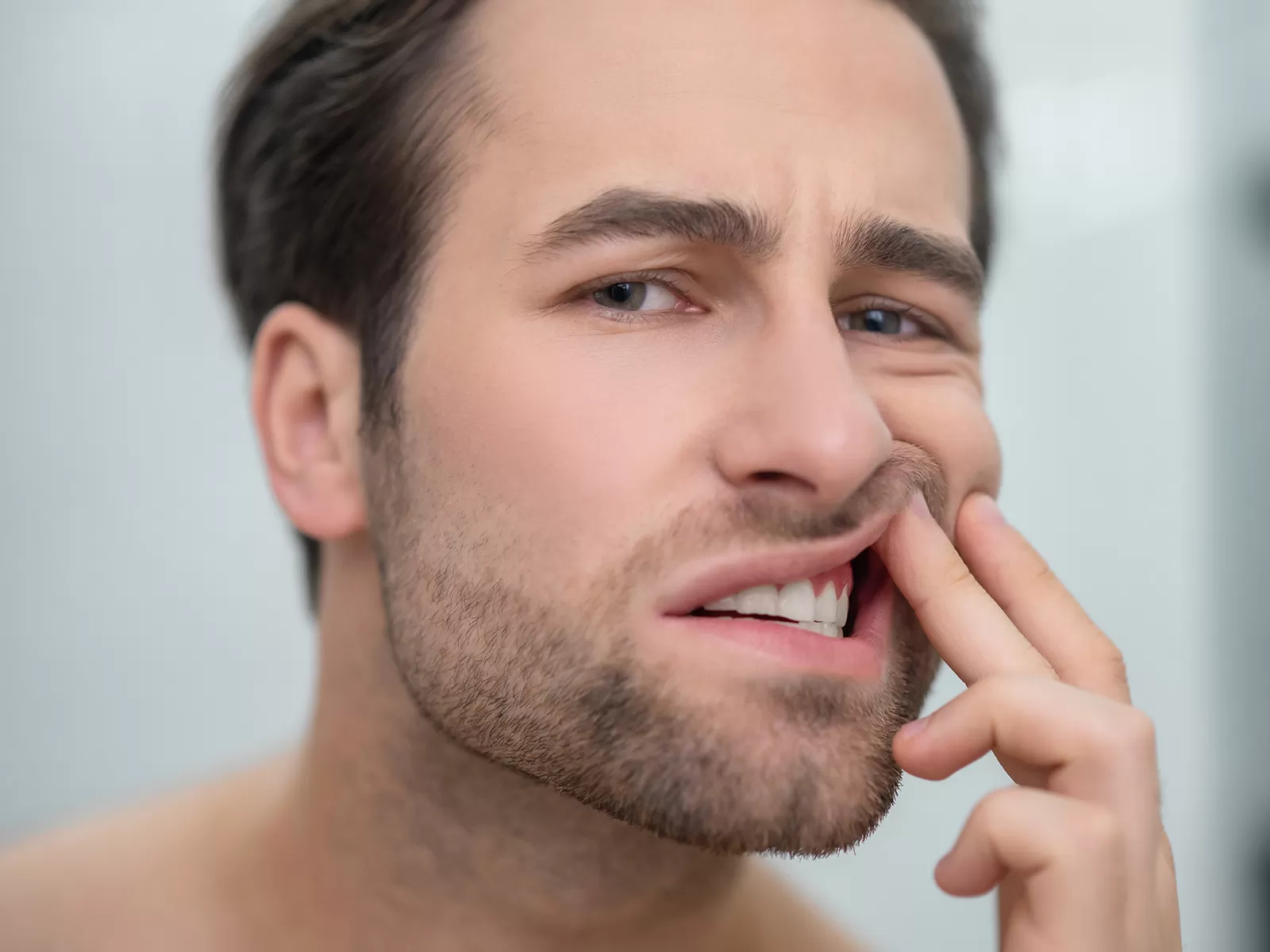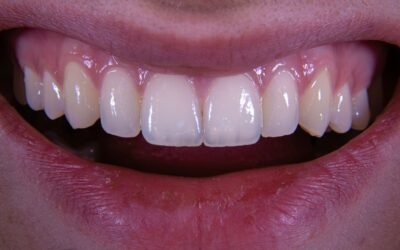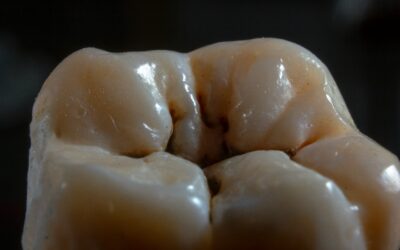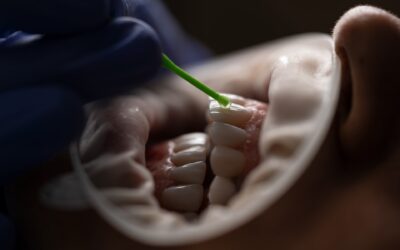Receding gums is a common dental issue that can lead to discomfort and, if left untreated, more serious oral health problems. When your gums pull away from your teeth, they expose the sensitive parts of your teeth, leading to increased sensitivity, risk of infection and even tooth loss. In this blog, we’ll discuss what causes receding gums, how to prevent it, what treatments are available and when to seek professional help from your dentist.
What are receding gums?
Receding gums occur when the gum tissue that surrounds your teeth pulls back or wears away, exposing more of the tooth or even the tooth’s sensitive root. Healthy gums should fit snugly around your teeth, but when they recede, pockets or gaps form between the teeth and gums. These pockets can then harbour harmful bacteria that can lead to further damage if not addressed with the proper remedies or treatment.
What causes receding gums?
How to prevent your gums from receding
Preventing receding gums involves maintaining good oral hygiene and adopting healthy habits, among other things. Here are a few expert tips for what you can do in your daily life to help protect your gums.
- Brush thoroughly using a soft-bristled toothbrush and gentle motions. Flossing daily can also be a big help.
- Use antibacterial mouthwash to reduce plaque buildup and fight bacteria.
- Visit your dentist regularly for cleanings and examinations.
- Avoid smoking and tobacco products
- Maintain a balanced diet rich in vitamins and minerals – particularly vitamin C, which can support gum health and prevent recession.
If you’re looking to safeguard your gums, adopting these habits is a great starting point. Incorporating a gentle brushing technique, flossing daily and maintaining a balanced diet can significantly support your gum health while reducing the chances of recession.
When to see a dentist for receding gums
If you notice signs of gum recession, it’s important to see your dentist as soon as possible. Early intervention can help prevent further damage and preserve your gum health. Professional treatment should be sought if you notice any of the following:
- Your gums are receding or your teeth appear longer than usual
- You have persistent tooth sensitivity that doesn’t improve with home remedies such as desensitising toothpaste
- Your gums bleed frequently when brushing or flossing
- You have bad breath or a bad taste in your mouth that doesn’t go away
- There are pockets forming between your teeth and gums – this could signal infection and should be dealt with as soon as possible.
If you’re concerned about receding gums and are in need of expert care to address the issue then do not hesitate to reach out to your dentist. As experienced dentists in the Walsall area currently accepting new patients, we can provide tailored treatments to protect your gum health and restore your smile. Don’t wait to take the first step towards healthier gums – contact us online today to schedule your appointment.
Professional treatment options for receding gums
Once you reach out to a dentist, the extent of your gum recession will be evaluated before any general or cosmetic treatments are recommended, some of which include:
- Composite bonding: For mild to moderate gum recession, composite bonding can cover exposed roots, improving appearance and protecting sensitive areas. This non-invasive treatment offers immediate results.
- Orthodontics: If your gum recession is caused by misaligned teeth or bite, then orthodontics can help correct this issue before it leads to further complications as you grow or age.
- Scaling and root planning: This non-surgical, deep cleaning procedure removes plaque and tartar buildup from below your gumline and smooths the tooth roots which helps your gums reattach to your teeth.
- Gum grafting: If your gum recession is severe, the recommended course of action may be to undergo a gum grafting procedure. This is where tissue from another part of your mouth is removed and repurposed to act as new gum tissue, which restores your gumline.
If gum recession is impacting your oral health or smile, seek expert advice at Cheslyn Hay Dental Practice. Our team offers tailored treatments, from scaling and root planing to gum grafting or composite bonding, to restore your gums and your confidence alike.
Book an appointment online or call us on 01922 214 702 for professional care at our Walsall practice.
What to do if you have another common dental issue?
Are you dealing with another common dental issue and unsure of the best treatment? We’ve explored the causes, preventative tips and treatment options for some of the most common dental problems, which you can read all about. Browse the list below to explore our informative blog posts on each topic.
Don’t let dental issues hold you back from enjoying a healthy, confident smile – explore our resources today to learn more about the best treatments and how to maintain optimal oral health.







